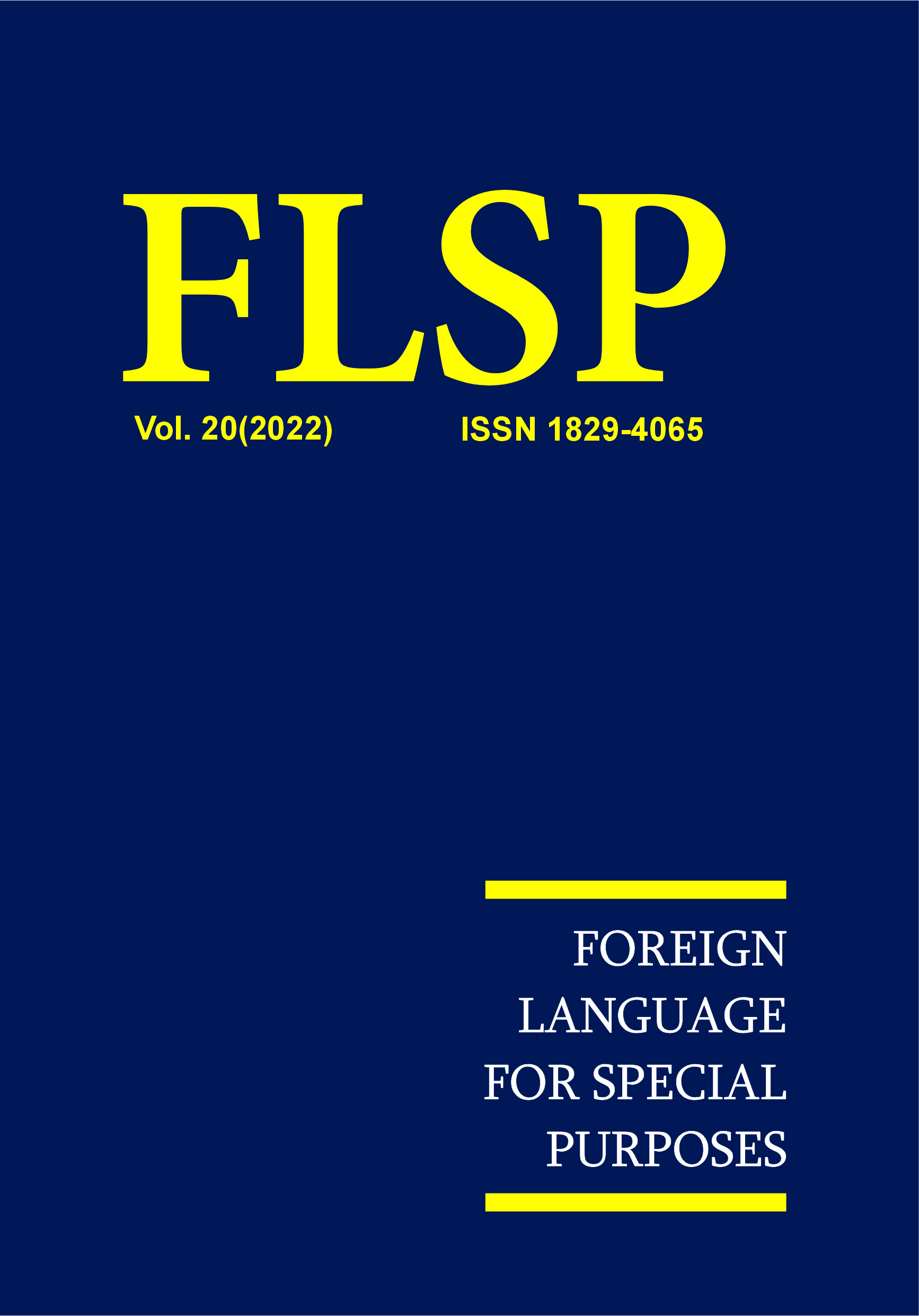DECODING OF LANGUAGE-SPECIFIC NOTIONS OF THE CONCEPT “FREEDOM", "LIBERTY" IN ENGLISH AND ‹‹ԱԶԱՏՈՒԹՅՈՒՆ›› IN ARMENIAN
DOI:
https://doi.org/10.46991/flsp.v20i1-2.8950Keywords:
linguoculture, concept, freedom, liberty, cultural idea, semantic profile, negative semanticsAbstract
In Linguoculturology the concept is considered to be a condensation of the culture. The structure of concept includes all the components which make the etymology of the culture, modern combinations, estimations, etc. The connection of concept with the verbal expressive devices is marked in all the formulations of linguoculturology. The concept in language is related with more than a word-unite. It is expressed through a group of synonymous words. The present article studies linguocultural concept of "freedom" in English and ‹‹ազատություն›› in Armenian.
References
Byron, L. (1920), "Wisdom Feed",.
Berlin, I.( 1981), Four Essays on Liberty. Oxford: University Press,
Monk, R. (1991), The Spirit of Solitude. Southampton: Free Press,.
Stevenson, B. (1958), Book of Quotation: Classical and modern. London: Cassll,
Wierzbicka, A.(1997),Understanding Culture through Their Key Words. New York: Oxford University Press,
Wirszubski, C. (1957), Libertas as a Political Idea During the Late Republic and Early Principale. Cambridge: Cambridge University Press,.
Toqueville, A. (1953), Democracy in America, Indiana: Liberty Fund Inc,.
Malxasyan, S. (2010), Bacatrakan Bar'aran. Er&an: EPH hratarakchowt'yown,
Roget II (1980), The New Thesaurus by Houghton Mifflin Company, Boston,.
Downloads
Published
Issue
Section
License
Copyright (c) 2022 Foreign Languages for Special Purposes

This work is licensed under a Creative Commons Attribution-NonCommercial 4.0 International License.
Creative Commons Attribution-Non-Commercial (CC BY-NC). CC BY-NC allows users to copy and distribute the article, provided this is not done for commercial purposes. The users may adapt – remix, transform, and build upon the material giving appropriate credit, providing a link to the license. The full details of the license are available at https://creativecommons.org/licenses/by-nc/4.0/

